AeroGenie — Your Intelligent Copilot.
Trending
Categories
Joby Aviation Advances Plans for Commercial Flying Cars
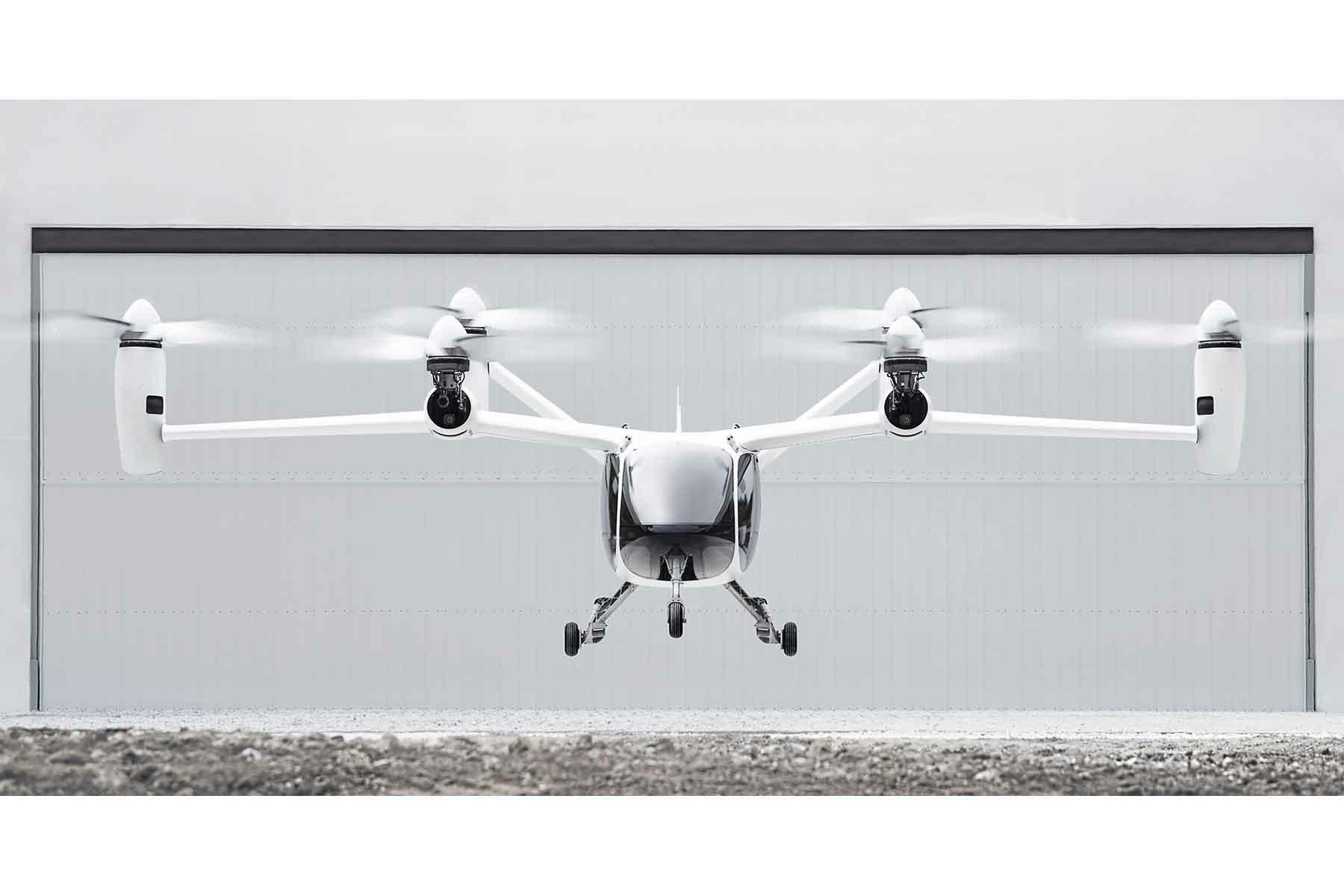
Joby Aviation Advances Plans for Commercial Flying Cars
Expanding Manufacturing Capacity and Commercial Readiness
Joby Aviation, a Santa Cruz-based aerospace company, is making significant strides toward the commercial deployment of flying cars, transforming a once futuristic concept into an imminent reality. The company has announced a substantial expansion of its manufacturing facility in Marina, California, which now has the capacity to produce up to 24 electric air taxis annually, equating to two aircraft per month. This development is complemented by additional production capabilities being established in Dayton, Ohio, and ongoing piloted test flights in Dubai. Together, these efforts signal Joby’s transition from prototype development to full-scale production in the urban air mobility sector.
The timing of this manufacturing milestone coincides with the completion of piloted test flights in Dubai, marking the commencement of Joby’s commercial readiness program in the United Arab Emirates. In collaboration with Dubai’s Roads and Transport Authority, the company is preparing to initiate passenger operations as early as 2026, a timeline that is increasingly within reach. Eric Allison, Joby’s Chief Product Officer, emphasized the importance of speed, scale, and precision manufacturing in reimagining urban mobility, highlighting the company’s expanded operational footprint in both California and Ohio as key to achieving these goals.
From Prototype to Production: Advanced Manufacturing and Performance
Unlike many competitors in the electric vertical takeoff and landing (eVTOL) market who remain focused on prototype demonstrations, Joby is producing FAA-certified aircraft designed for practical urban transport. These aircraft feature vertical takeoff capabilities, reach top speeds of 200 miles per hour, and operate with near-silent noise levels. Each vehicle is configured to carry one pilot and four passengers, targeting short, high-value routes such as the 12-minute journey from Dubai International Airport to Palm Jumeirah—a trip that currently takes approximately 45 minutes by car.
Joby’s 435,000-square-foot facility in Marina employs cutting-edge manufacturing techniques, including 3D printing and data-driven quality control processes. The workforce benefits from specialized training provided in part by Toyota engineers through a strategic partnership. The site also houses pilot simulators, ground testing areas, and laboratories dedicated to FAA certification. Meanwhile, the Dayton facility, located in the historic birthplace of aviation, is being prepared to scale production to 500 aircraft annually. This expansion is supported by state grants and a growing pool of advanced manufacturing talent.
Dubai as the Launchpad for Commercial Operations
Although Joby’s manufacturing operations are based in the United States, its initial commercial passenger services will be launched in Dubai. The city has granted Joby exclusive rights to operate air taxis for six years, with plans to establish a comprehensive air taxi network centered around a vertiport currently under construction at Dubai International Airport. This initiative forms part of Dubai’s broader strategy to invest in smart mobility solutions, integrating eVTOL aircraft into its transportation infrastructure as a premium and rapid transit option.
Challenges and Competitive Landscape
Despite the rapid progress, Joby faces several challenges, particularly in the evolving regulatory environment for air taxis. Aviation authorities worldwide are still developing standards to govern this emerging mode of transport. While market interest is robust, especially in major urban centers such as Los Angeles and New York, Joby contends with competition from other eVTOL manufacturers like Archer Aviation, which is also advancing flight trials and preparing for commercial launches.
Strategic partnerships remain a cornerstone of Joby’s approach to mitigating operational risks and accelerating market entry. Collaborations with established companies, including Delta Air Lines, provide critical support in navigating the complexities of commercial aviation. On the technical front, Joby recently completed a nine-hour flight with a hydrogen-powered uncrewed aircraft, demonstrating ongoing innovation. However, the long-term commercial viability of hydrogen-electric propulsion technology is still under assessment.
As Joby’s aircraft begin to emerge from the assembly line and approach commercial deployment, the central question shifts from the feasibility of flying cars to the readiness of cities and regulatory bodies to accommodate this transformative mode of transportation.
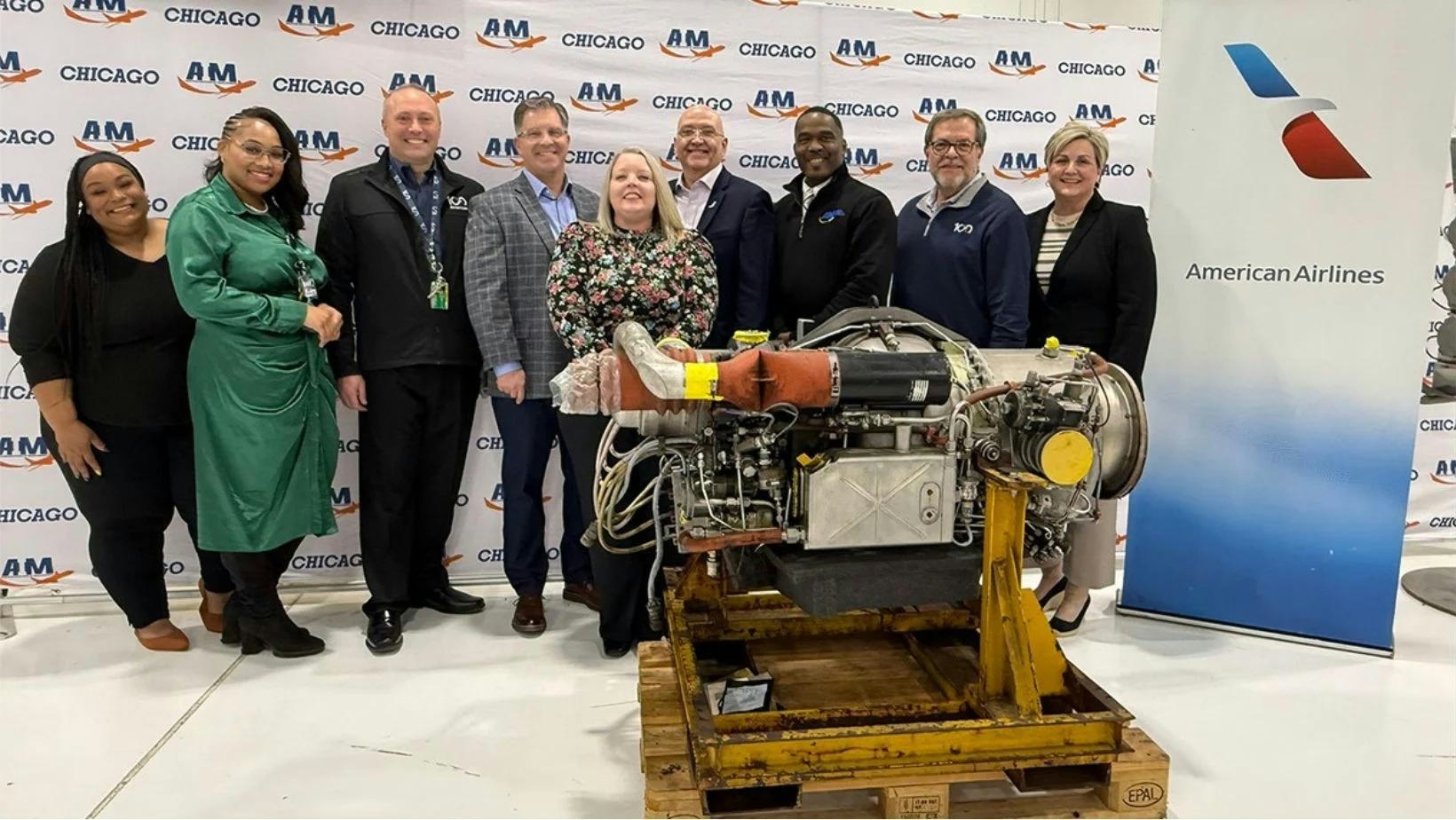
American Airlines donates APU to AIM Chicago for student training
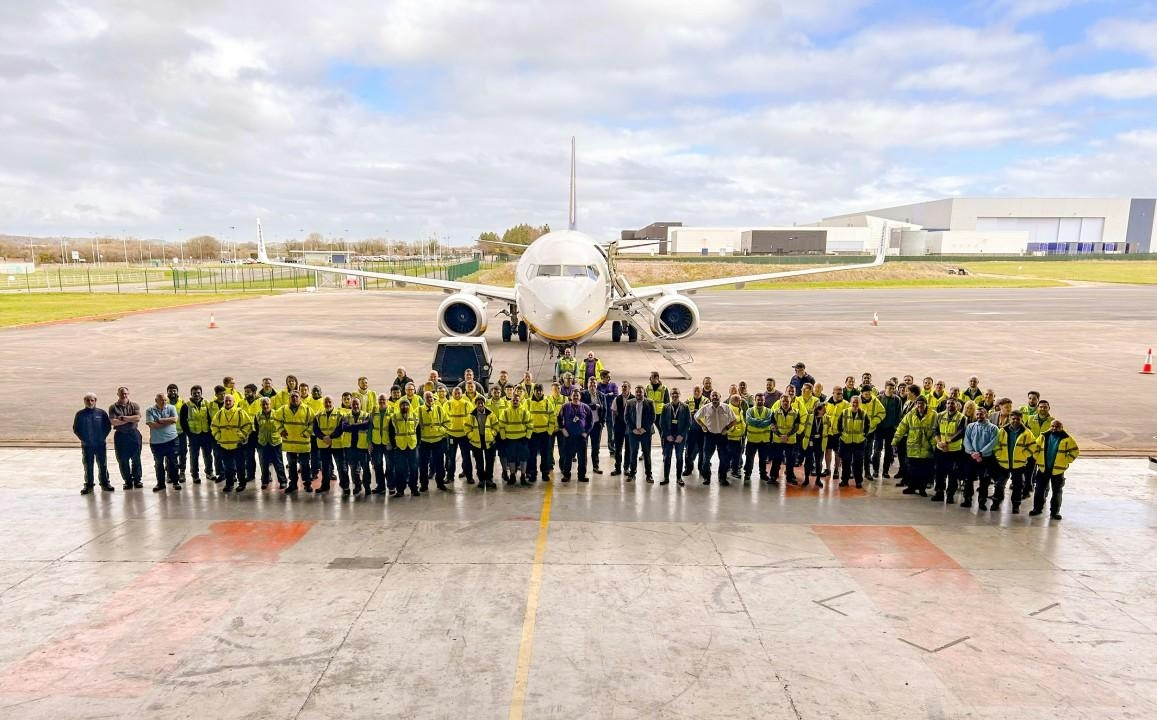
Steer Appointed Base Maintenance Manager at Caerdav
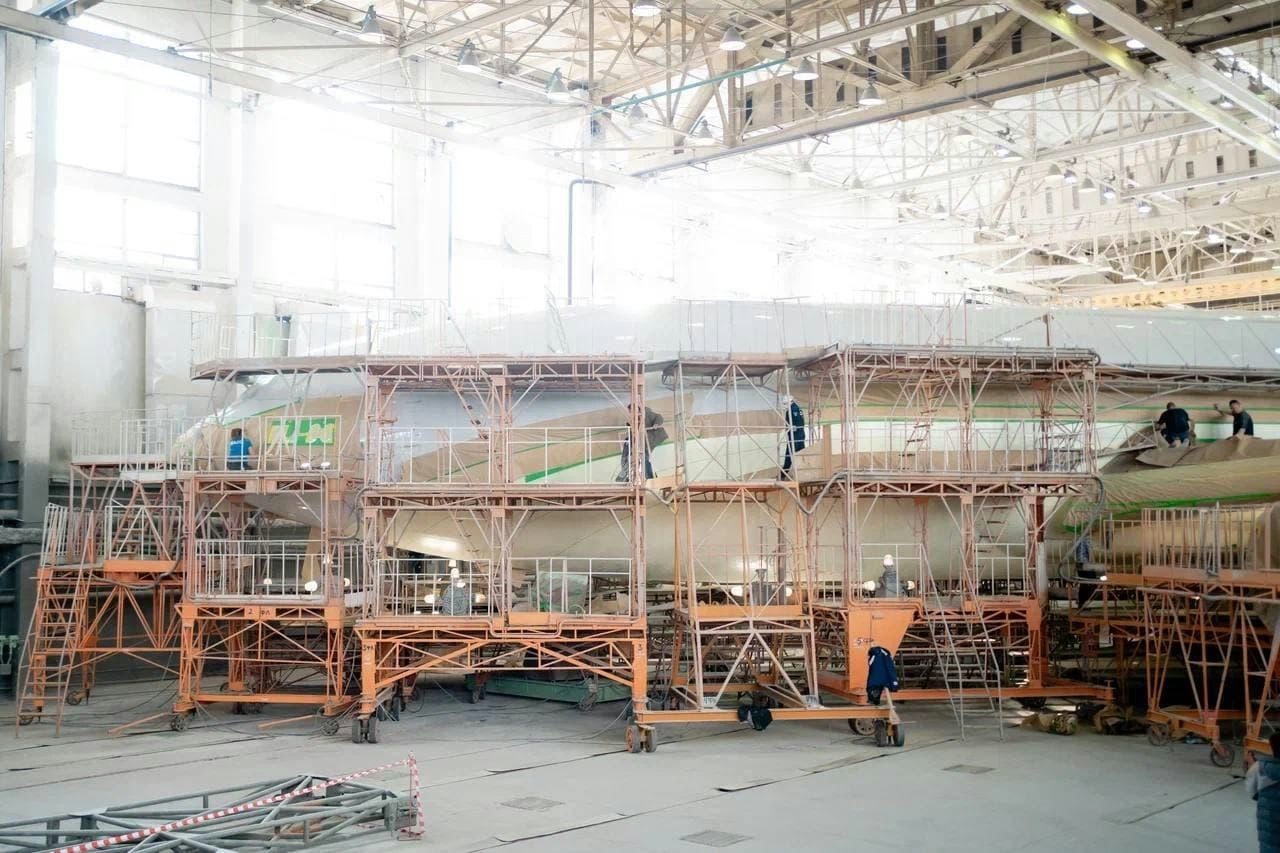
New Il-96 Wide-Body Aircraft Built in Russia; Customer Remains Undisclosed
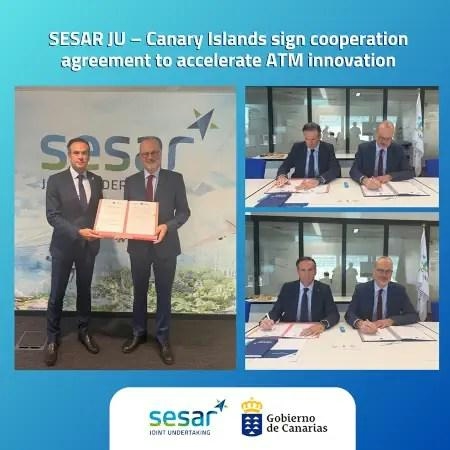
SESAR JU and Canary Islands Sign Agreement to Advance Air Traffic Management
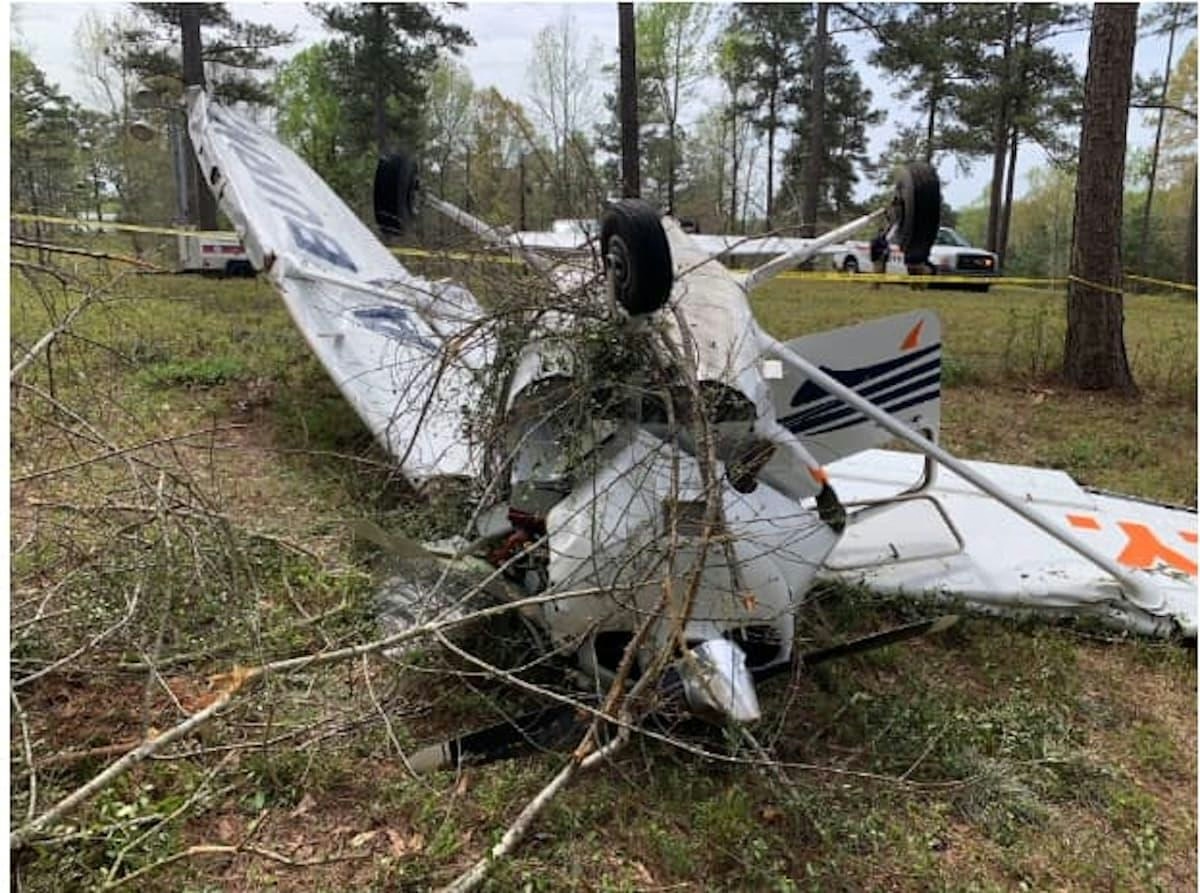
Contaminated Fuel Injector Causes Emergency Landing
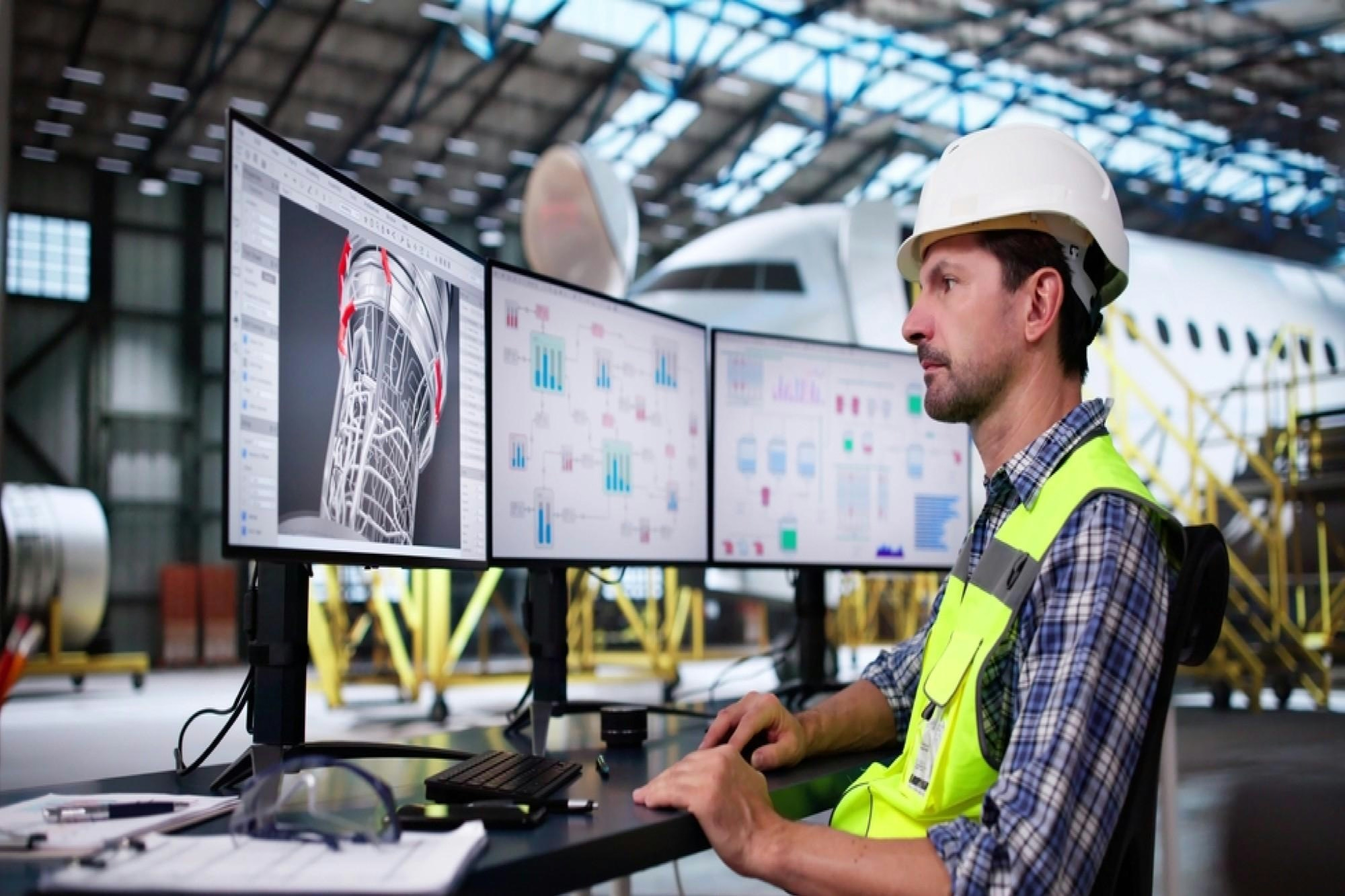
Sahar Group Adopts Ramco Aviation Software to Support Growth
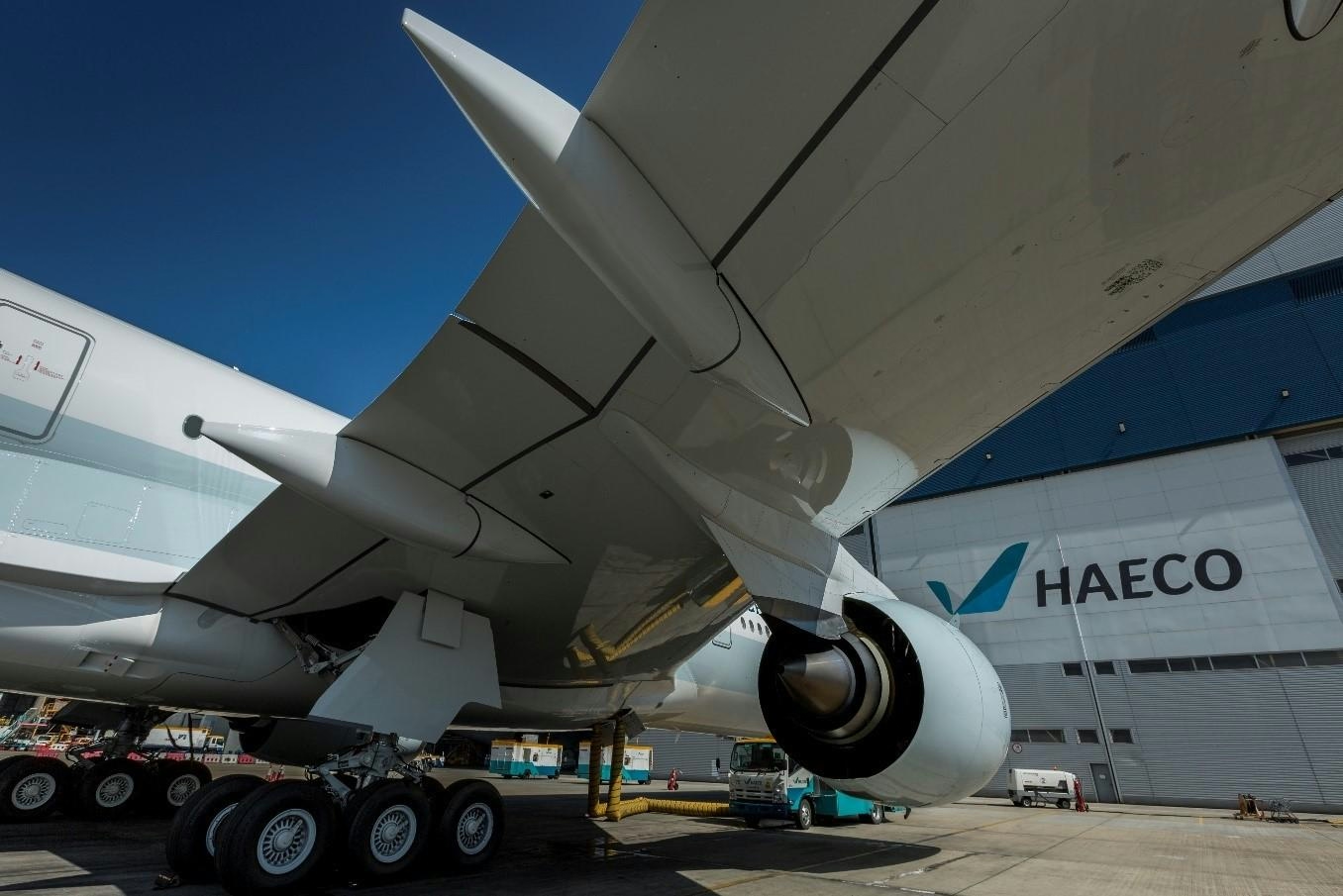
Deucalion Leases Three A330 Aircraft to Wamos Air
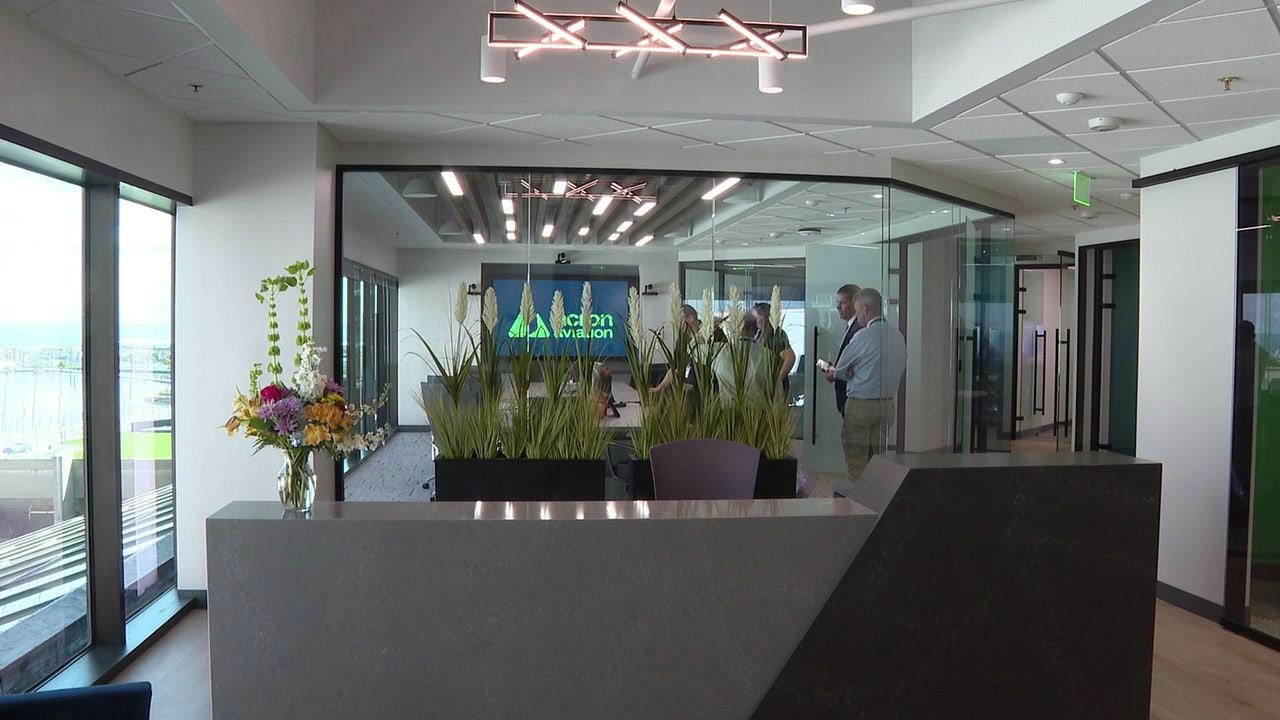
Acron Aviation Opens Global Headquarters in St. Petersburg, Florida
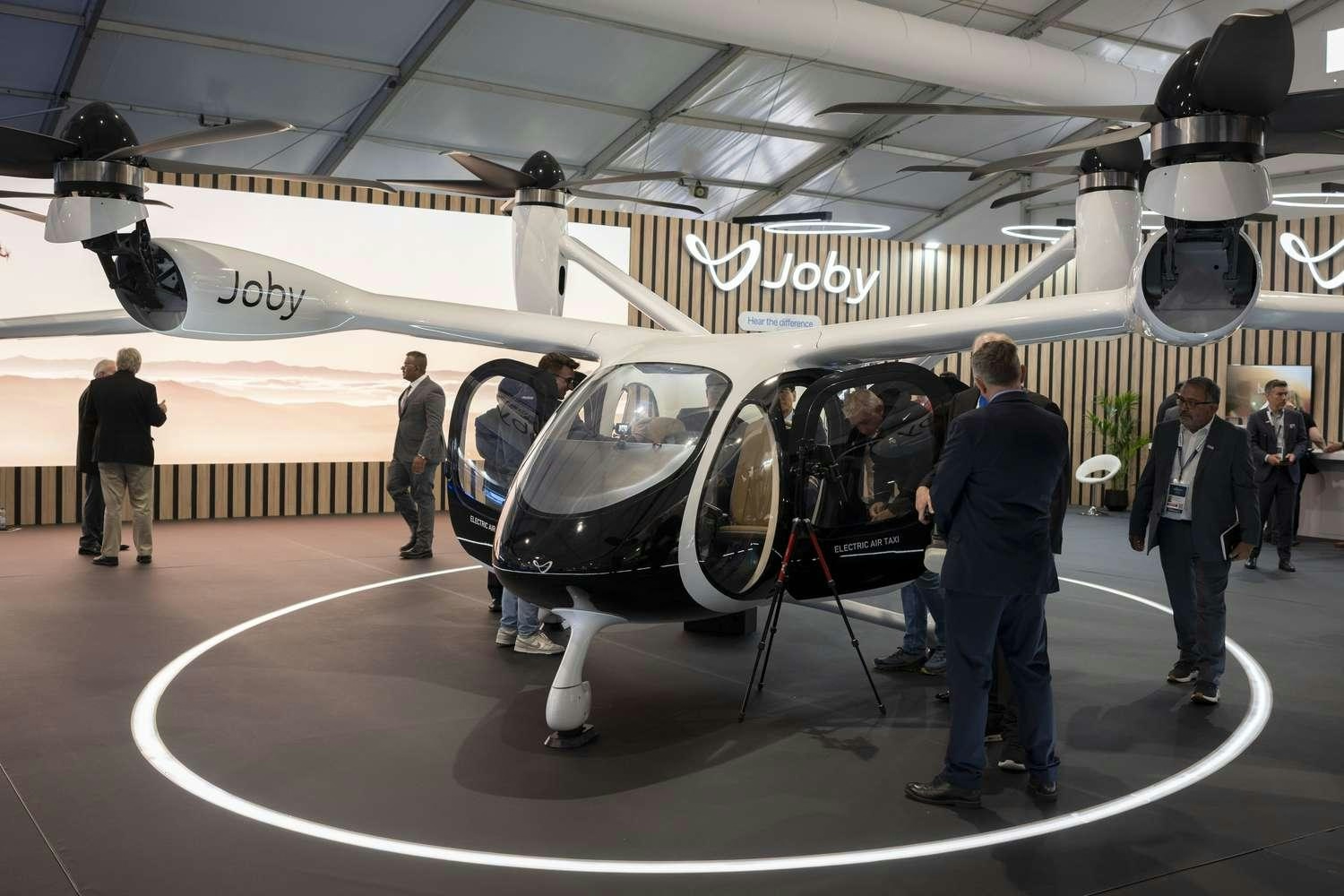
Will Uber and Joby Aviation Stocks Rise After Recent Announcements?
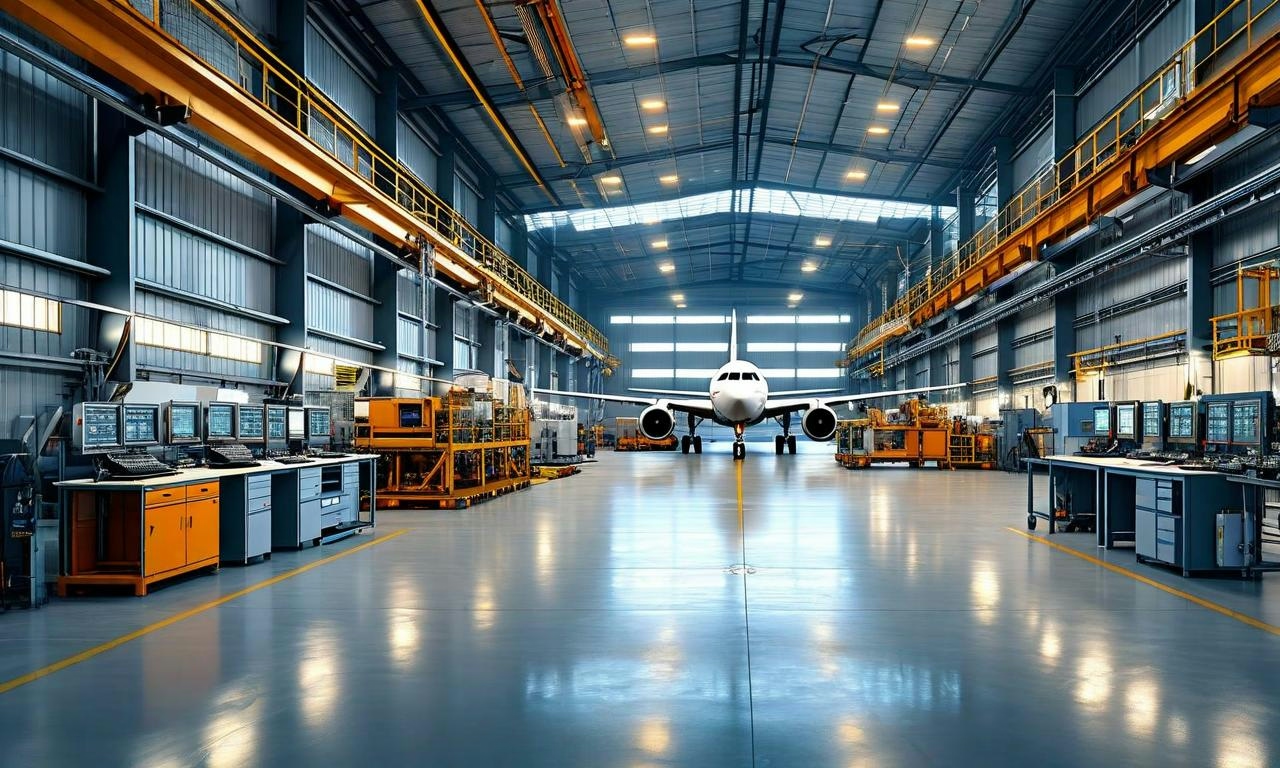
Ramco Systems Secures Aviation Software Contract with Sahar Group for MRO Digital Transformation
